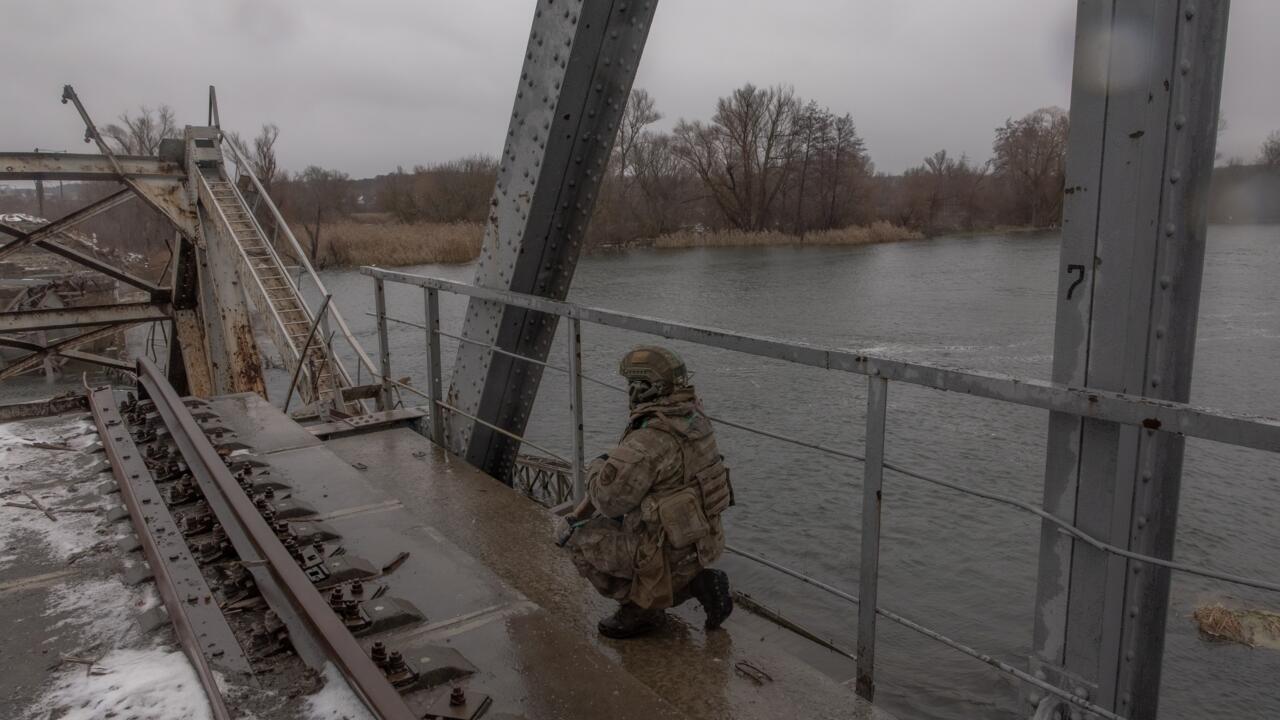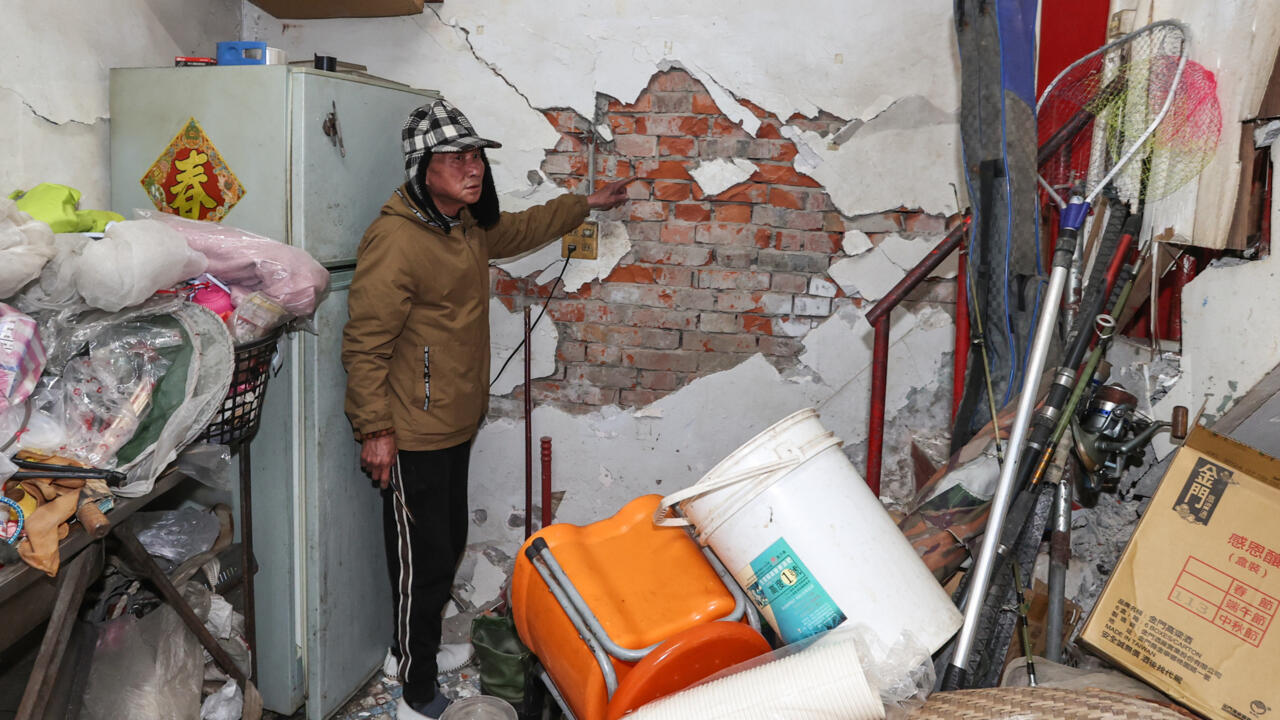Mykola, a resident who served in the Soviet army near Moscow, once fished and enjoyed a drink with friends along the Oskil to relax and calm his nerves.
The 80-year-old, who said Russian forces had captured his village “in the blink of an eye” before fleeing later in 2022, cannot approach the river any more and has new worries.
“Both my sons are fighting. I just want them to survive,” he said tearfully to AFP with artillery fire echoing in the distance.
Whether Russian forces will attempt another large-scale crossing like in 2022 remains to be seen.
“You don’t undertake these crossings unless you really have to,” said Ryan, citing the huge military resources needed.
“Is there a significant objective on the other side of the river for the Russians that has operational, strategic or political importance for them? That’s the real question,” he added.
‘Broke down in tears’
Russia is persisting. Ukrainian military analysts said last week its forces had on a second recent attempt established a bridgehead near Dvorichne.
Further south in the village of Yatskivka in the Donetsk region where the Oskil ends, Inna Yurchenko is nervous.
When the 52-year-old shop owner returned home from Kyiv with her ageing mother after Ukrainian forces liberated it in 2022, she was distraught.
Her village and nearby holiday cabins used to be clogged with tourists — including from towns still occupied by Russia — relaxing by the river.






